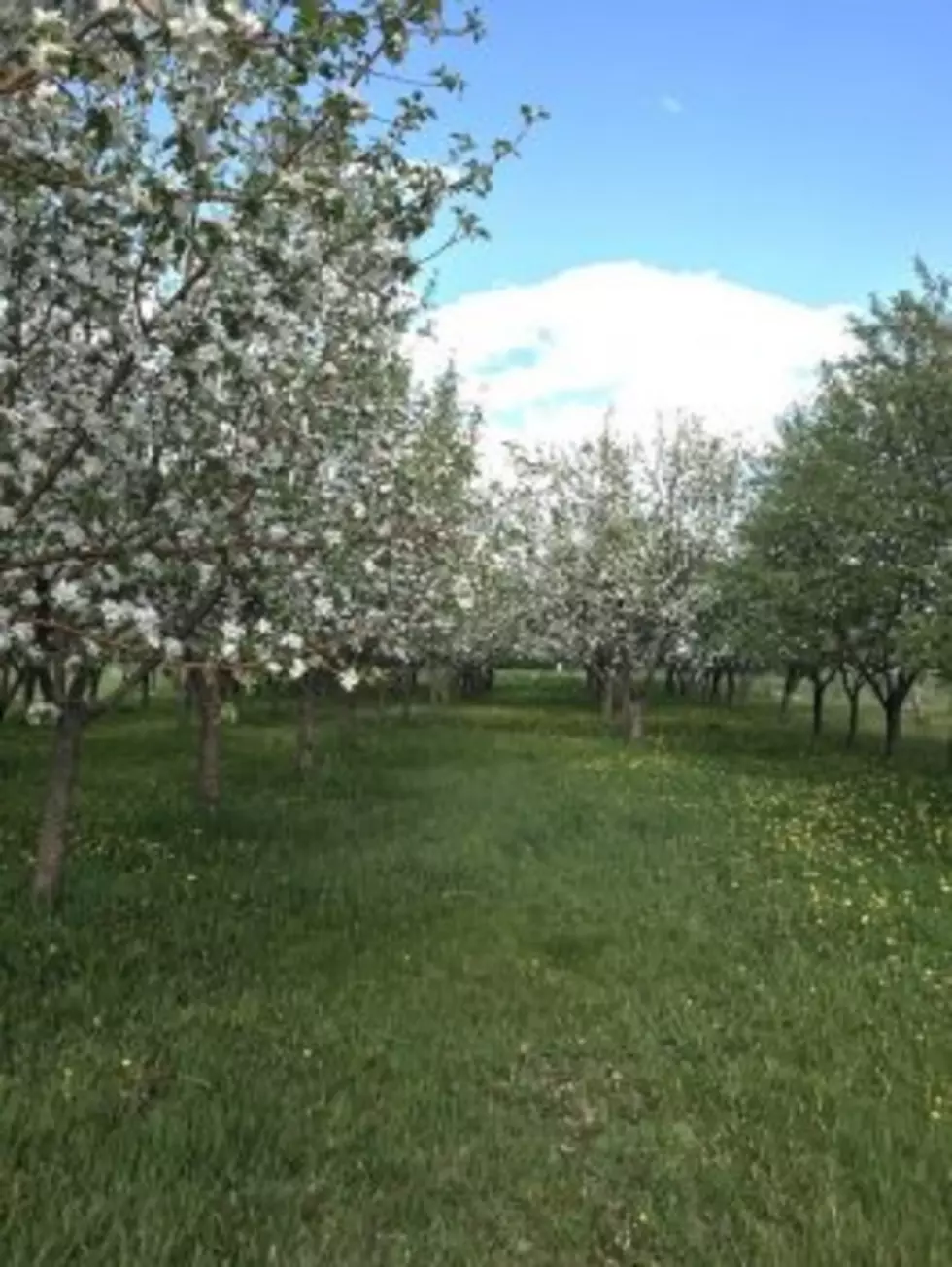
Montana judge reverses sale of 287 oil and gas leases on public lands
(CN) A federal judge in Montana ruled Friday that the Bureau of Land Management failed to fulfill its National Environmental Policy Act requirements when it issued 287 oil and gas leases in eastern Montana.
U.S. District Judge Brian Morris’ ruling vacates the leases, which were issued in December 2017 and March 2018, and his ruling remands the leases back to the agency for further review.
The oil and gas leases were on 145,065 acres of public land in Montana near Livingston, the Stillwater River, the Tongue River Valley and one parcel that is next to the Upper Missouri River Breaks National Monument.
WildEarth Guardians, the Montana Environmental Information Center and David Katz, along with neighboring landowners Bonnie Martinell and Jack Martinell, brought the federal suit against the BLM. Earthjustice and the Western Environmental Law Center represented the parties in federal court.
BLM had issued a “finding of no significant impact” prior to issuing the leases, but judge Morris said the BLM ignored WildEarth’s claims that the hydraulic fracking would affect groundwater.
“A weatherman proves unhelpful if he says ‘It’s going to be windy tomorrow,’ when asked if it will rain. BLM proves just as unresponsive here,” Morris wrote in his ruling. “The rest of BLM’s responses prove similarly deficient as BLM merely recites a list of facts about hydraulic fracturing spills without providing specific responses to Wildearth’s complaints.”
Judge Morris said the BLM did a poor job of explaining how cumulative effects of all of the oil and gas leases in the package would affect the environment – something that the Ninth Circuit consistently requires.
“BLM provided no catalogue here and little analysis to show the combined environmental impacts,” Morris wrote, adding, “if BLM ever hopes to determine the true impact of its projects on climate change, it can do so only by looking at projects in combination with each other, not simply in the context of state and nation-wide emissions.”
Morris said the BLM’s environmental assessments, which are a lower bar to reach than an environmental impact statement, were flawed not by their substance but by their absence of environmental analysis regarding groundwater and impacts to climate.
Kyle Tisdel, attorney with the Western Environmental Law Center, said, “The Trump administration’s lust for energy dominance at the expense of people and the environment has, fortunately, hit another brick wall. This is another major win for our climate, while protecting almost 150,000 acres of public lands from industry exploitation.”
The Martinell family owns land in Elk Basin adjacent to one of the sales. Bonnie Martinell said her fruit orchards and hay crops have been affected by prior energy-production incidents. When a pipeline leaked in the Yellowstone River in January 2015, trucks were used to haul oil across the big river near Billings, Montana, Bonnie Martinell said.
“We know from experience what drilling for oil can do to productive farmlands,” Martinell said. “When a pipeline leaked into the Yellowstone River and they had to truck the oil out of Elk Basin, we did not have a fruit crop that year. The dust from all the oil trucks on the road blanketed our fruit trees and rocked our farm’s finances. We could only imagine what this latest rushed lease sale was going to do to us.
“We’re incredibly grateful that the court sided with the longtime rural landowners, protecting the water in our wells and our community’s future.”
Plaintiff David Katz, who owns property along the Beartooth Mountain range on the Stillwater River, said the oil and gas developments that BLM sold “come with a cost … to groundwater, to infrastructure, to rural economies.
“The profits from these leases would have been relatively small for oil companies, but the long-term impacts on the Beartooth Front community would have been devastating.”
Elizabeth Forsyth, staff attorney at Earthjustice, agreed with Morris’ ruling on the motions for summary judgment.
“The Bureau of Land Management was well aware that current oil and gas drilling practices would not protect sources of drinking water in these Montana communities, but rushed the sale anyway,” Forsyth said. “Justice won in Montana today.”
Meanwhile, the oil and gas industry is generating cash through the government’s response to the Covid-19 pandemic. According to the Western Values Project, one-third of all extractive resource corporations and related industries have been awarded some $3.9 billion through the Payroll Protection Program.
Western Values director Jayson O’Neill said the move “opened the floodgates to big oil in a decision that will allow financially unsustainable oil and gas corporations to pay down their upside-down balance sheets with taxpayer-backed loans intended for small and mid-sized businesses.”
In March, a federal court in California upheld a Trump administration’s repeal of a 2015 rule that regulated hydraulic fracking on public lands.
Independent Petroleum Association of America President Barry Russell said the ruling will allow independent oil and gas producers, who make up 91% of America’s oil and gas production, “to not be forced to comply with costly and duplicative rules while operating on federal lands.”
